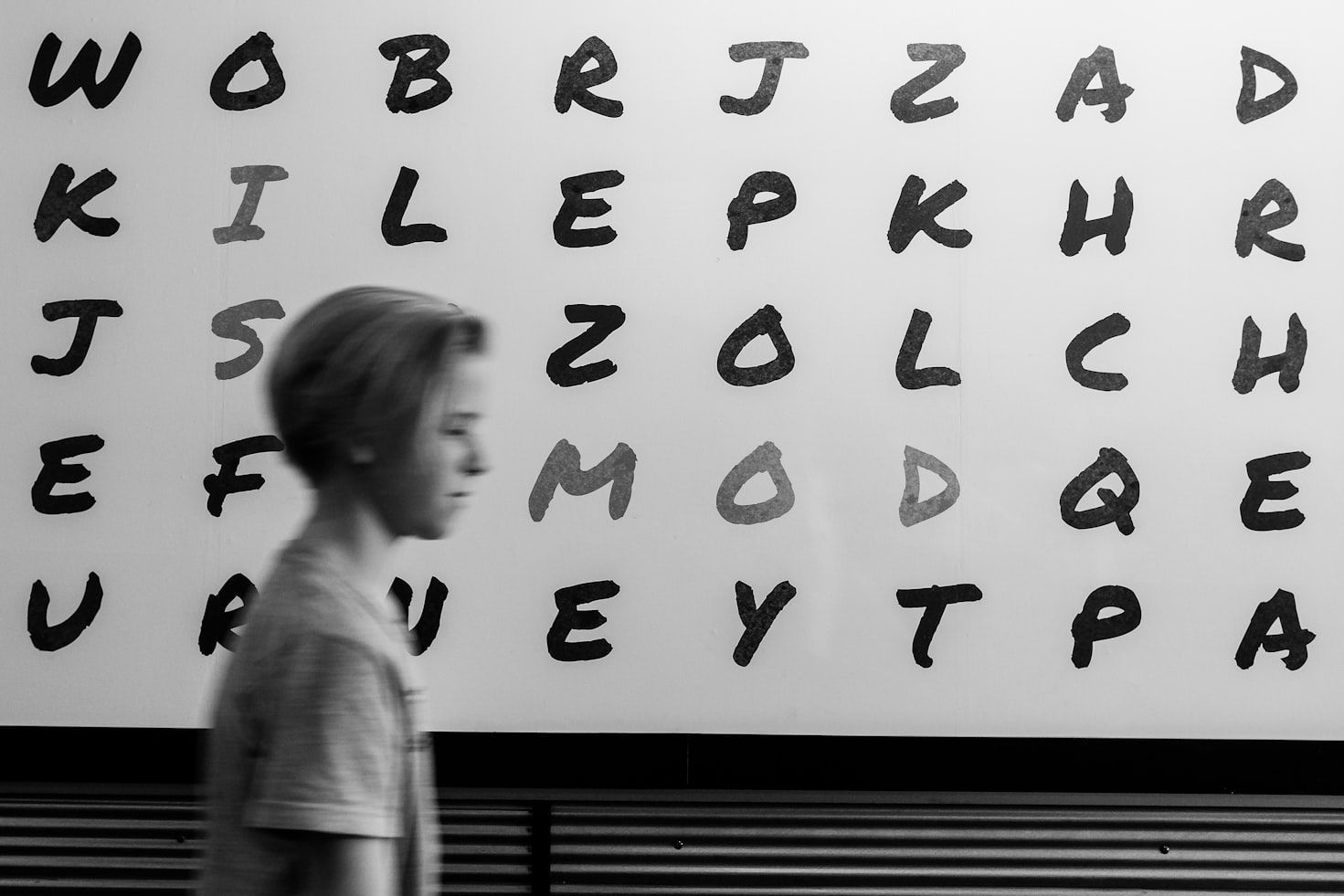Which word do you use the most?
You are overusing these 12 words. Here are 12 synonyms to replace them
Published on March 3, 2025
 Credit: John Jennings
Credit: John Jennings
The English language has a very generous vocabulary. And yet, we only use a small portion of it in our daily lives. This word economy can be driven by multiple factors, some more valid than others. But one undeniable truth is that some overused and even misused words have readily available alternatives that we could utilize instead. How many times a day do you think that you use the following 12 words? Take a look at its synonyms and see if you like any to add to your everyday vocabulary.
Good
 Credit: Diana Polekhina
Credit: Diana Polekhina
One of the most overused adjectives in the English language, good, can be replaced with many other words that express a similar concept without making you sound too pretentious or snobby, like exceptional, favorable, or superb.
Important
 Credit: K. Mitch Hodge
Credit: K. Mitch Hodge
The word "important" is another frequent visitor of most people’s daily talk and it can be replaced with many similar words, like main, chief, principal, key, or major.
Like
 Credit: Papaioannou Kostas
Credit: Papaioannou Kostas
A frequent guest of informal chatter, "like" is often used not in the sense of actually "liking" something but rather as a "crutch" word that hints at a poor vocabulary. This word can be replaced by saying for example, such as, or for instance.
Nice
 Credit: Gary Bendig
Credit: Gary Bendig
This is nice, that is nice, that thing is very nice. How many times a day do we hear that word? Nice is a very useful adjective to describe something that is pleasant, sweet, friendly, or even delightful, cheerful, or attractive.
Interesting
 Credit: lemoning lee
Credit: lemoning lee
"This is very interesting", "Oh, interesting!", "How interesting!" This frequently used word sounds great and expresses polite attention towards something or someone. But, if overused, it can be replaced with fascinating, or if you are feeling more literary, gripping, compelling, or engaging.
Amazing
 Credit: DESIGNECOLOGIST
Credit: DESIGNECOLOGIST
A beautiful word, indeed, that expresses a sense of wonder, but it is much used and overused repeatedly by people everywhere. It can be replaced with words like breathtaking, astounding, incredible, or even extraordinary.
Literally
 Credit: James Bold
Credit: James Bold
This ubiquitous word is not only overused but also very frequently misused since its meaning is quite the opposite of what most people think it is. In its correct form, the word "literally" is used to describe something in its natural or customary meaning, without any ulterior spiritual or symbolic meaning. But these days, it is mostly used to add intention and meaning to anything.
To replace it in the sense that is currently used, or rather misused, it can be supplanted with truly or precisely.
More
 Credit: Raphael Schaller
Credit: Raphael Schaller
More of this, more of that. In a list of overused words, this one is near the top. If you ever feel the urge to replace it, try with extra, additional, further, or even, supplementary.
Really
 Credit: Product School
Credit: Product School
A word used in a similar vein to the aforementioned "literally", "really" is utilized to emphasize something. If you are about to say "really", maybe try instead with truly, surely, certainly, or indeed.
New
 Credit: Annie Spratt
Credit: Annie Spratt
Another word that is near the podium of the most overused, "new" can be replaced with latest, fresh, hot off the oven, or just released.
Thing
 Credit: Bruno Martins
Credit: Bruno Martins
"What is this thing?", "The thing is…", "another thing…". This word is used as a placeholder for anything and everything we don’t care to name. And, as such, it is quite useful. But if you find yourself using it too much, you can either replace it with the actual word that describes whatever you are referring to or you can also use a generic term that narrows the description to its nature: object, item, animal, person, event, phenomenon, vehicle, dish, action, etc.
Very
 Credit: Jason Leung
Credit: Jason Leung
This extremely used adverb is just about everywhere. The good news is that it can be easily replaced with similar words like incredibly, exceedingly, exceptionally, super, absolutely, or the aforementioned extremely.










